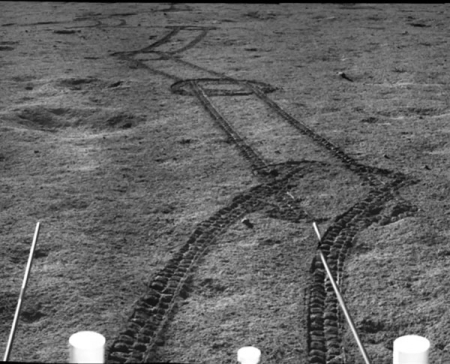Riot police attack Hong Kong airport protesters
Riot police today attacked the Hong Kong airport protesters, storming into their midst with batons and pepper spray.
CNN International reported, following the police operation that reporters witnessed at least four arrests and that officers appeared to be targeting specific people. To get through the protesters, police used pepper spray and batons to push back the crowd. According to an official statement from Hong Kong police, airport officials requested that the riot officers enter the airport to rescue a man who protesters had apprehended and accused of being an undercover police officer. The South China Morning Post also reported that the airport received a court injunction requesting police remove the protesters from the premises, though Hong Kong police did not issue an official statement to that effect and officers left without clearing out every protester.
Pro-democracy protesters shut down the airport Tuesday for the second day in a row, forcing administrators to cancel all flights, in a bid to get the China-controlled Hong Kong government to listen to their demands. Some protesters appeared to panic and target others suspected of working for the communist government after officials admitted this weekend that officers had dressed up as protesters to infiltrate the marches.
So far this attack today does not appear to be an effort to shut the protest down with violence. It appears that after extracting two men, possibly pro-China reporters, the police retreated, though the authorities are now limiting access to the airport, probably with the goal of starving the protest with a lack of new supporters.
A very sad messy situation. The Chinese want to impose its tyranny on Hong Kong. Hong Kong’s citizens want to remain free. The result are street protests that can only turn violent, one way or the other, because China’s government is very unlikely to back down.
Riot police today attacked the Hong Kong airport protesters, storming into their midst with batons and pepper spray.
CNN International reported, following the police operation that reporters witnessed at least four arrests and that officers appeared to be targeting specific people. To get through the protesters, police used pepper spray and batons to push back the crowd. According to an official statement from Hong Kong police, airport officials requested that the riot officers enter the airport to rescue a man who protesters had apprehended and accused of being an undercover police officer. The South China Morning Post also reported that the airport received a court injunction requesting police remove the protesters from the premises, though Hong Kong police did not issue an official statement to that effect and officers left without clearing out every protester.
Pro-democracy protesters shut down the airport Tuesday for the second day in a row, forcing administrators to cancel all flights, in a bid to get the China-controlled Hong Kong government to listen to their demands. Some protesters appeared to panic and target others suspected of working for the communist government after officials admitted this weekend that officers had dressed up as protesters to infiltrate the marches.
So far this attack today does not appear to be an effort to shut the protest down with violence. It appears that after extracting two men, possibly pro-China reporters, the police retreated, though the authorities are now limiting access to the airport, probably with the goal of starving the protest with a lack of new supporters.
A very sad messy situation. The Chinese want to impose its tyranny on Hong Kong. Hong Kong’s citizens want to remain free. The result are street protests that can only turn violent, one way or the other, because China’s government is very unlikely to back down.


